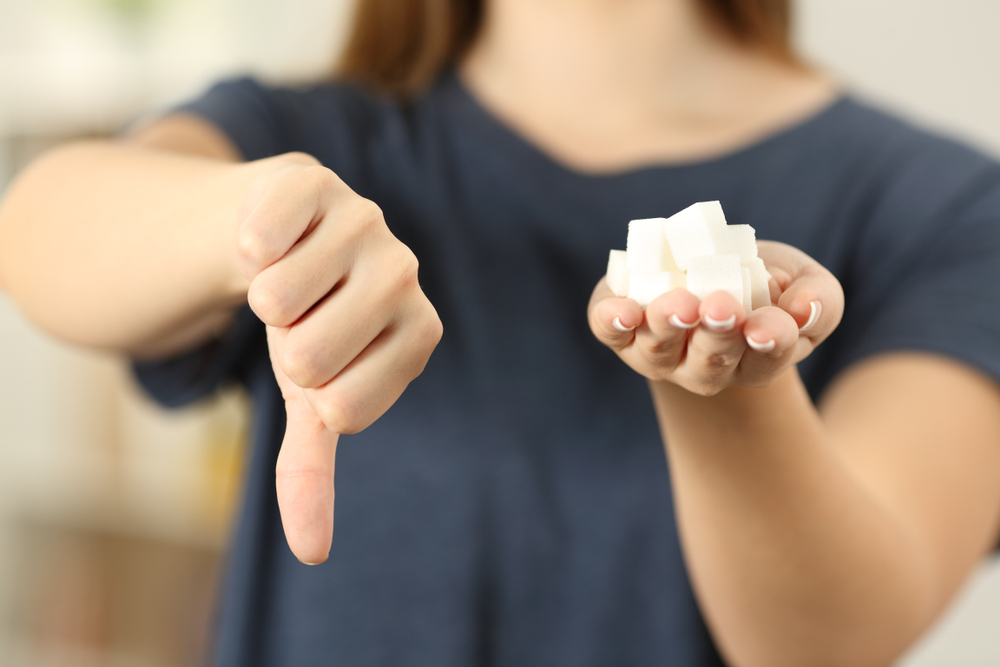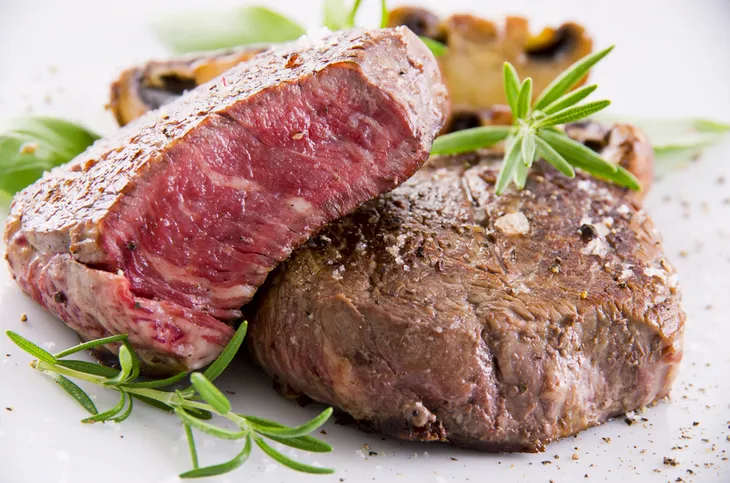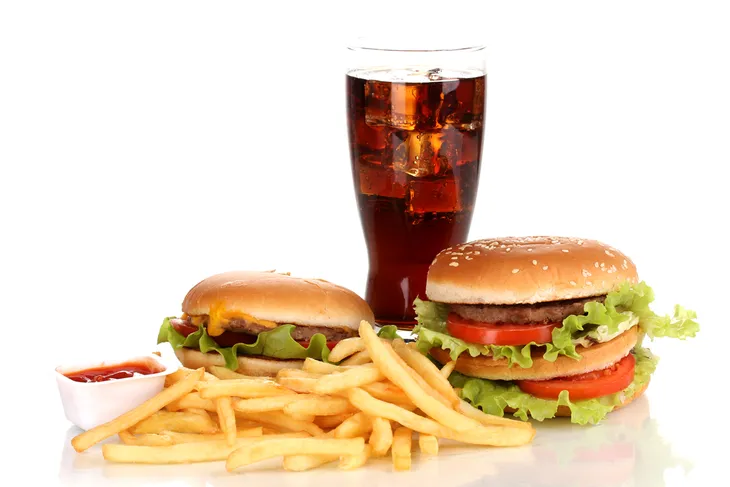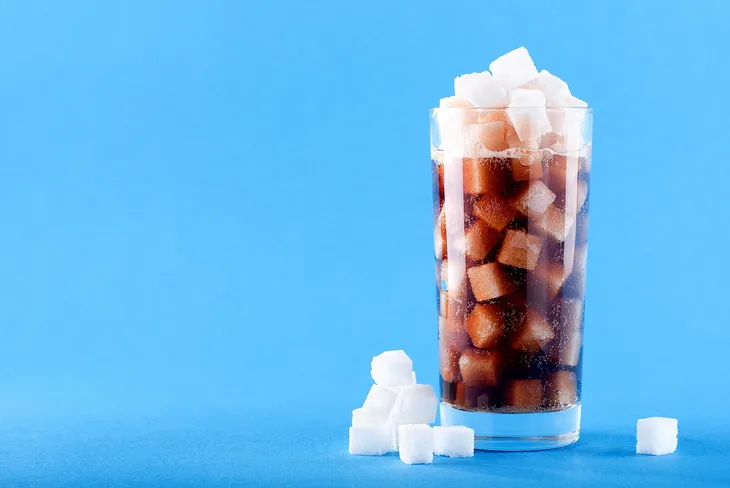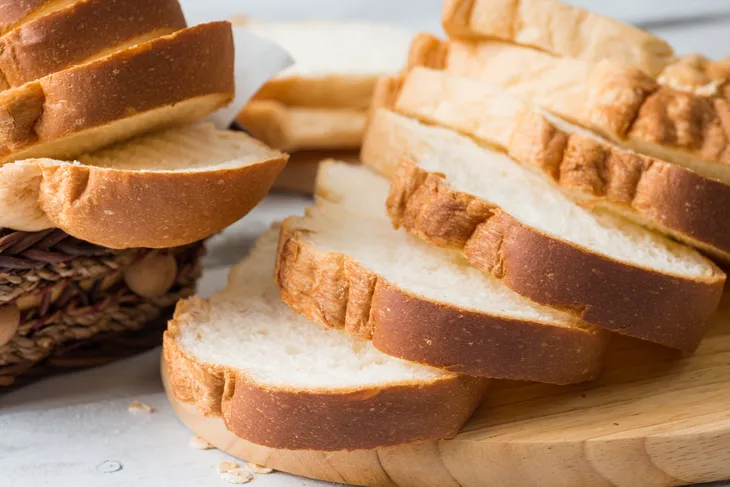If you suffer from recurring psoriasis flare-ups—an inflammatory condition, any factors that induce more inflammation in the body, such as food and stress, can flare up your psoriasis. The good news is that many medical experts and patients have found that avoiding certain foods on this list can lessen psoriasis outbreaks.
To help avoid any future flare-ups, we’ve compiled a list of 6 foods to avoid due to their ability to aggravate psoriasis. Check it out…
Red Meat
Red meat is high in saturated fats making it one food that cause cause inflammation. In addition to red meat, foods high in saturated fats such as, cheese, butter, and deep-fried delights can also aggravate psoriasis. A safer option may be to stick to a mostly plant-based diet. When it comes to protein, try eating more nuts, seeds, and fatty fish for a boost of inflammatory-blasting omega-3 fatty acids.
Frozen Dinners and Fast Food
The next time you throw a frozen lasagne in the oven for dinner, take a look at the nutritional contents first. What you’ll notice is that there’s a ton of heavily processed ingredients in there, which translates to a whole lot of empty calories and refined sugar.
Sure, picking up frozen or fast food for dinner once in a while is alright, we all get busy. However, keep in mind that these foods are highly processed and have been linked to increased inflammation in the body. If you suffer from psoriasis, refined sugar and flours should be on your “foods to avoid” list.
Soda
The medical community often fears placing blame on certain foods as disease triggers. However, numerous studies have indicated a correlation between weight gain (and obesity) and developing psoriasis.
For instance, Dr. Jerry Bagel, a New Jersey-based board-certified dermatologist and recognized expert in the treatment of psoriasis explains that, “Specific molecules secreted from fat cells [can] make psoriasis even worse,” which is why weight management and the avoidance of empty, high-caloric beverages (i.e., soda and mixed cocktails) is vital to any psoriasis patients eating regimen.
White Bread
While a gluten-free diet to alleviate psoriasis sufferers is considered controversial by many health care professionals, the National Psoriasis Foundation points to research that finds 25-percent of psoriasis patients also suffer from gluten sensitivity. The exact link is the HLA CW6 gene, which is linked to psoriasis as well as increased gluten (or gliadin protein) sensitivity, pinpointed in a 2010 study published by the National Institutes of Health.
Further research conducted by the Brazilian Annals of Dermatology notes that patients with gluten sensitivity showed significant improvement in psoriasis symptoms when adhering to a gluten-free diet.
Sugary Treats
A high-sugar diet may not go hand in hand with psoriasis, but it goes hand in hand with pro inflammation and weight gain, according to the National Psoriasis Foundation. In fact, researchers have established a link between obesity and increased risk for psoriasis, psoriatic arthritis, and worsened psoriasis severity (if you already have the condition).
Dr. Wilson Liao, the co-authored of a analysis of diet on psoriasis that was published by the Journal of the American Academy of Dermatology, explains that that, being obese may trigger psoriasis in those already predisposed to the disorder. Dr. Liao explains this may be due to the secretion of cytokines by fat cells, which trigger inflammation.

Alcohol
The Nurses Health Study, conducted in 1991 by researchers from Brigham and Women’s Hospital and Harvard Medical School, both in Boston, monitored the diets of 82,869 women, ranging in age between 27 and 44. It found that women who drank beer had an increased chance of developing psoriasis vs. those who didn’t imbibe the brew.
A follow up study, published in the journal Archives of Dermatology, in 2010, found that women who drank non-light beer had an increased the risk for psoriasis due to certain components of the brew (i.e., barley used in fermentation) beer. However, the study found that other alcohol (i.e., wine, liquor), may also trigger psoriasis outbreaks due to blood vessels dilation, which allows more inflammatory triggers into the skin.
